Nida
-
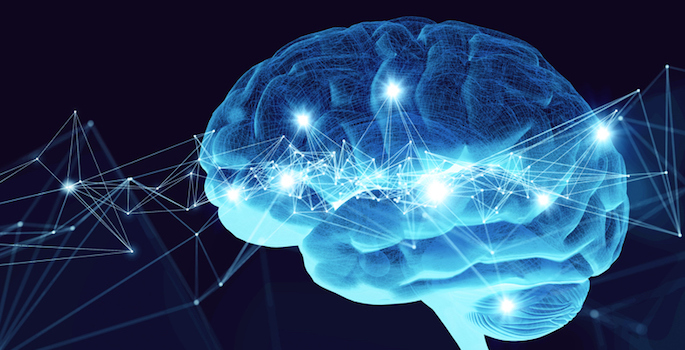
Histamine circuits in brain reward center
Histamine — commonly associated with allergies — also has a signaling role in the brain’s reward center and may offer a novel target for treating addiction. Read MoreOct 29, 2020
-

Land of plenty (of opioids)
Surgical patients are being given more opioids than they need for postsurgical pain management, raising the risk of addiction. Read MoreAug 24, 2020
-

Blocking stress-induced relapse
Danny Winder and colleagues are teasing apart the actions of neurotransmitter receptors in a brain region linked to anxiety and addiction, with a goal of finding treatments for substance use disorders. Read MoreApr 8, 2020
-

Cell fate signaling
A newly identified protein interaction that affects cell cycle regulation may be an attractive target for cancer therapy. Read MoreDec 17, 2019
-

Defective transporter linked to autism
A first-of-its-kind mouse model may help reveal mechanistic underpinnings for the altered behaviors of autism spectrum disorder. Read MoreJul 24, 2019
-

Modulating stress circuits
Danny Winder and colleagues have demonstrated how norepinephrine and a stress factor call CRF interact, which may lead to new treatments for stress-related disorders. Read MoreFeb 15, 2019
-

Immune system emerges as partner in opioid cravings fight
There’s promise in specific immune system peptides—amino acid compounds that signal cells how to function. In this case, they may be affecting brain activity and, by extension, drug cravings. Read MoreSep 5, 2018
-

Investigators find that bile acids reduce cocaine reward
The discovery that high levels of bile acids appear to blunt cravings for cocaine could lead to new treatments for addiction. Read MoreAug 30, 2018
-
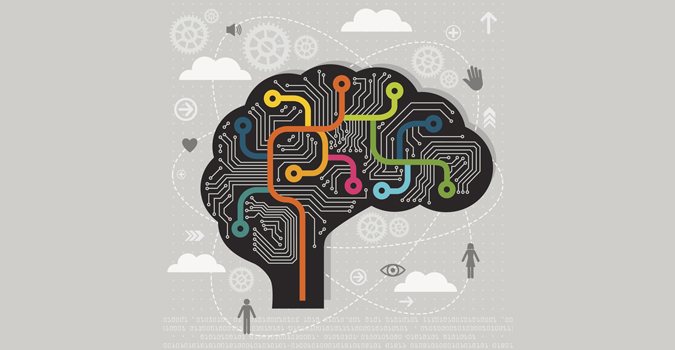
Shaping reward circuits
Using techniques to control and monitor the activities of individual neurons, Vanderbilt investigators are probing the brain’s reward circuitry. Read MoreMay 18, 2018
-
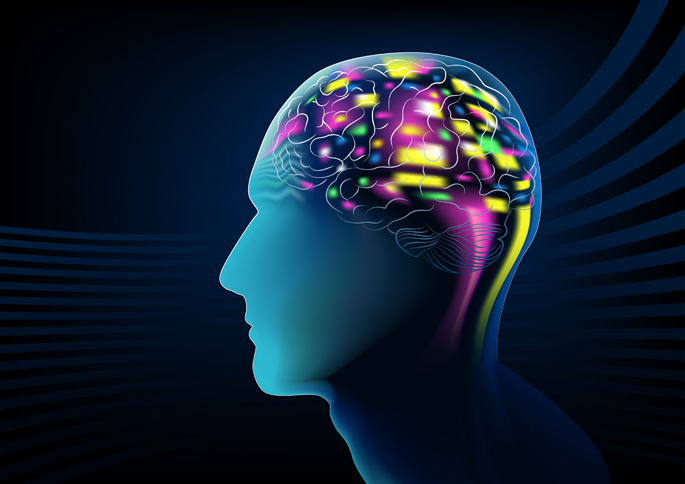
An immune regulator of addiction
Although drug addiction is classically studied in a neuron-centric way, Vanderbilt researchers have discovered that the immune system also plays a critical role. Read MoreAug 4, 2017
-

Patrick honored for neonatal abstinence syndrome research
Stephen W. Patrick, M.D., MPH, MS, has been chosen to receive the Nemours Child Health Services Research Award, recognizing his work surrounding neonatal abstinence syndrome, a drug withdrawal syndrome experienced by infants exposed to opioids while in utero. Read MoreJun 15, 2017
-

Diabetes drugs may ease addiction
Drugs that are being used clinically to treat obesity and diabetes may also have a role in treating drug abuse. Read MoreJul 18, 2016
-
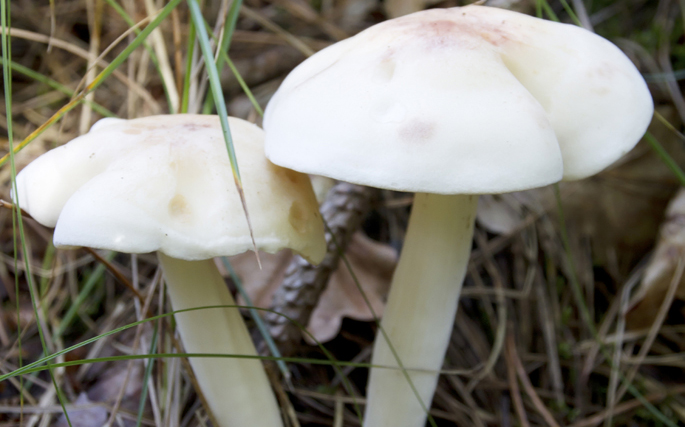
New pain medicine from a fungus?
Collybolide – a natural product isolated from a mushroom – is a promising candidate for the development of non-addictive pain medicines. Read MoreMay 13, 2016
-
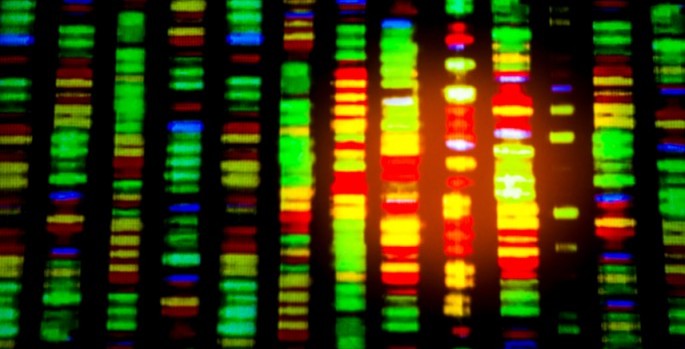
New role identified for p73 gene
The p73 gene is required for the generation of cilia – hair-like projections on cells – findings that could have implications for the study of lung diseases and sterility. Read MoreApr 1, 2016
-
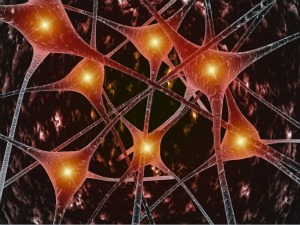
New view of dopamine heteromers
Although heteromeric dopamine receptors composed of both D1 and D2 subunits have been proposed to play a role in depression and schizophrenia, recent studies suggest these heteromers do not exist. Read MoreJan 23, 2015
-

Reversing stress-induced anxiety
Augmenting the signals of natural “endocannabinoids” in the brain may be a promising approach for treating mood and anxiety disorders. Read MoreJul 21, 2014
-

New view of neurotransmitter transport
Dynamic measurements of the bacterial leucine transporter shed light on the transporters that play roles in neuropsychiatric and addiction disorders. Read MoreApr 24, 2014
-
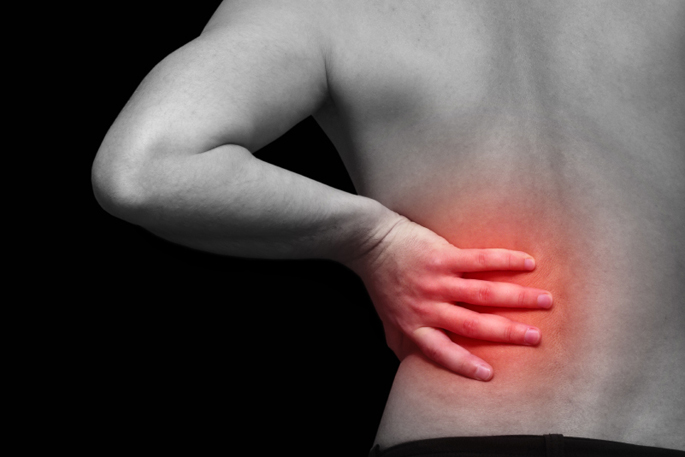
A pain in the … genes
Vanderbilt researchers have discovered that variation in the gene encoding the potassium channel GIRK1 plays a role in modulating human pain perception. Read MoreJan 10, 2014
-

Low prenatal alcohol’s brain impact
Even relatively low levels of in utero alcohol exposure impact fetal brain development, and the effects last into adulthood, study finds. Read MoreDec 21, 2012
-
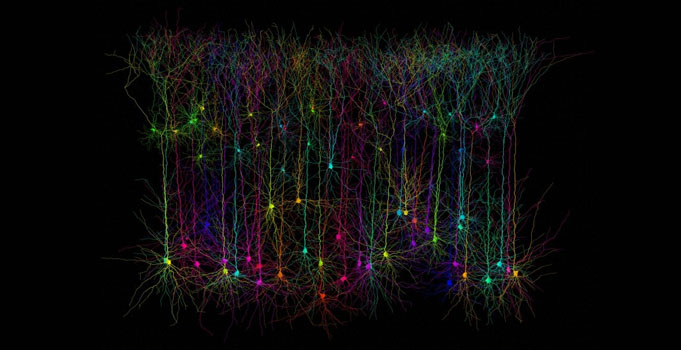
New clue to ADHD
A rare genetic change adds support to the idea that altered dopamine signaling is a key risk factor for ADHD. Read MoreMay 15, 2012